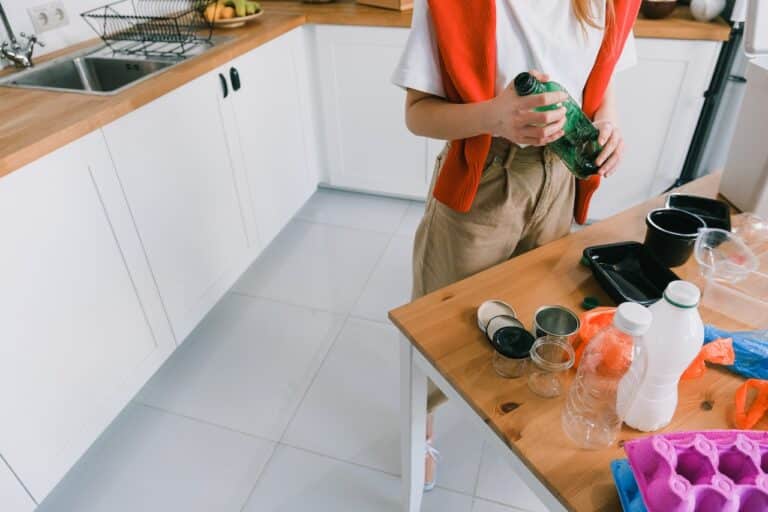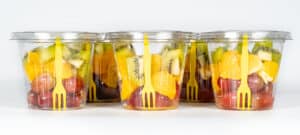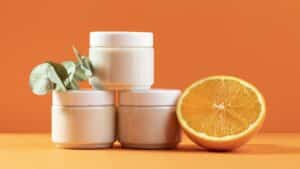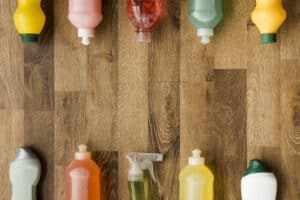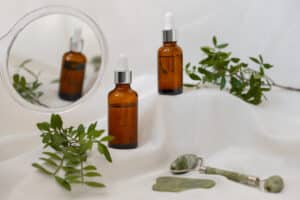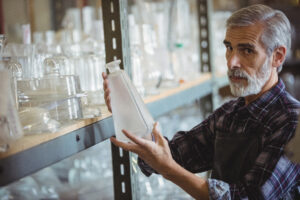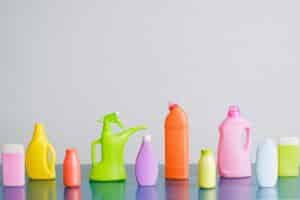When it comes to choosing a beverage container, the debate continues to rage between glass vs plastic bottles. With both options offering their own advantages and disadvantages, it can be difficult to decide which one is best for your needs. This article will provide an overview of the pros and cons of using either glass or plastic bottles, so you can make an informed decision about which one is best for you.
Are glass bottles better than plastic?
Unlike its plastic cousin, glass is a fully sustainable and recyclable resource that also provides fantastic environmental benefits like a longer life cycle, lower carbon footprint, made of abundant natural raw materials, and better food preservation capabilities. Well, that does not mean that plastic is inferior to glass material at all. First and foremost, it’s crucial to remember that plastic is both lighter and more durable than glass. In other words, unlike a glass bottle, a plastic bottle won’t shatter if you drop it. Also, compared to hauling similar-sized glass bottles, transporting several plastic bottles is significantly simpler due to their lightweight nature. This can be very useful if you have a long distance to go with a lot of beverages, or even just from your car to your house!
Why don’t we use glass bottles instead of plastic?
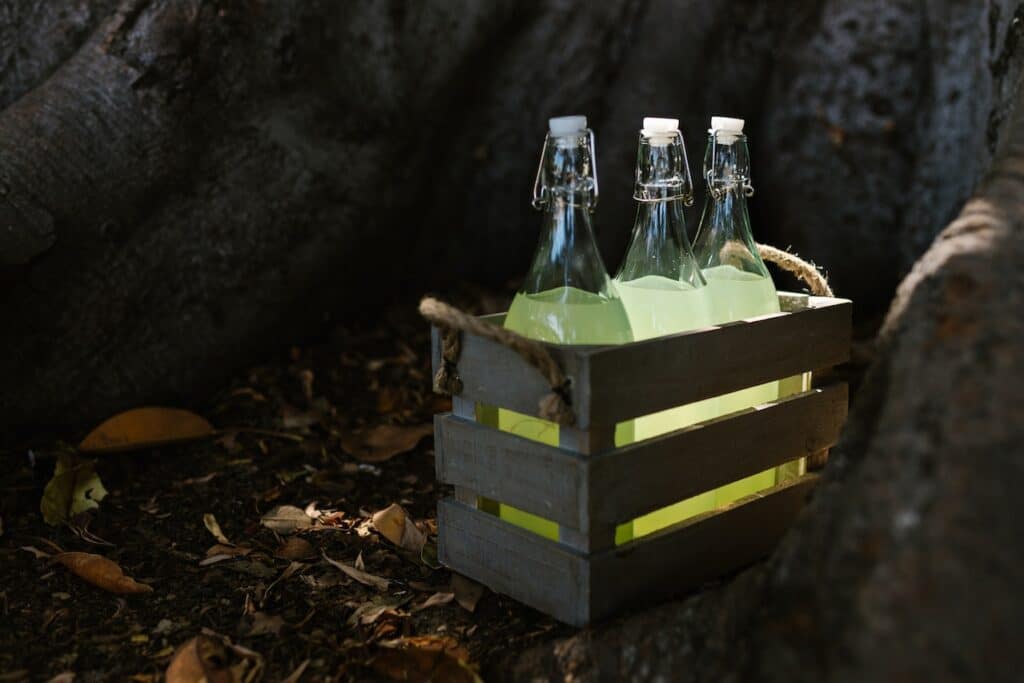
Glass is not as convenient as plastic: it’s heavy and easily breakable (not ideal for kids for example). Not only it is heavier but also more fragile than plastic. This makes transportation more expensive due to increased weight and the need for packaging materials to cushion the product during transportation. This is why many businesses are more willing to use plastic bottles instead of glass bottles.
Why glass baby bottles are better than plastic?
Plastic bottles are prone to scratches. These scratches can become spaces for bacteria to live and prosper. Glass bottles are more durable and do not pick up scratches as easily as plastic bottles. This also means that you do not have to replace a glass bottle as often as you have to with plastic bottles.
Why did people stop using glass bottles?
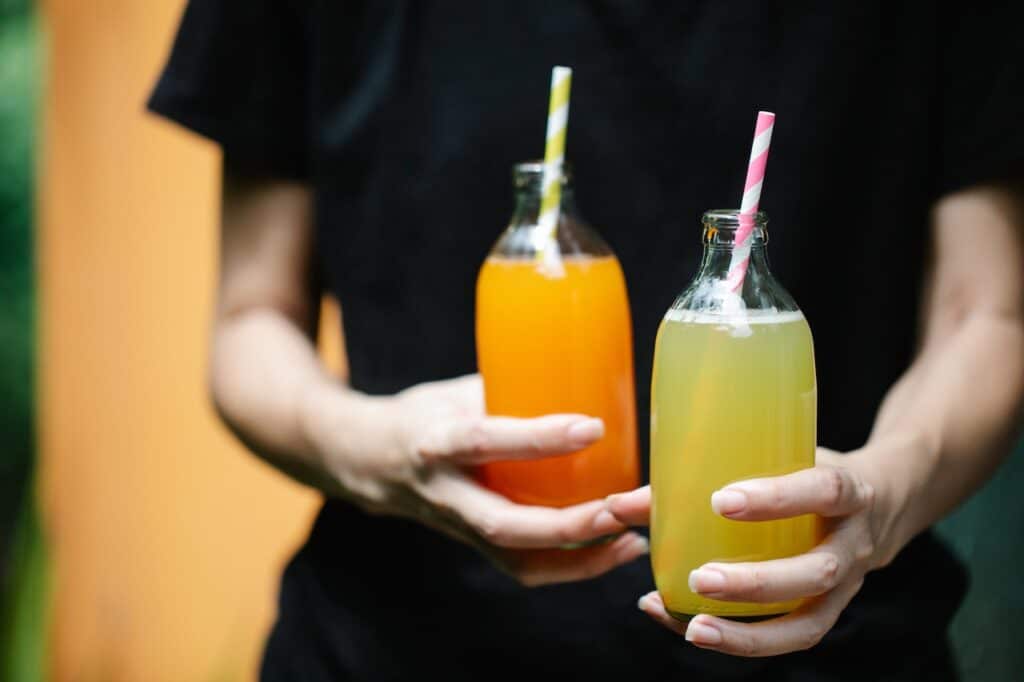
Eventually, the glass bottle was overshadowed by the plastic model, as it was much easier and less expensive to transport plastic safely. Plastic bottles were considered to be more lightweight, resistant to breakage, and therefore superior in every way when compared to glass bottles. Naturally, glass material loses its fame, as its opponent: which is plastic has far more beneficial properties to outplay it.
Is it healthier to drink water from a plastic bottle?
Plastic bottles have gained popularity among many individuals as alternatives to drinking beverages. However, the question is whether drinking from plastic bottles is healthier or not. According to recent studies, the answer might be yes!
Safety should always come first when deciding what kind of bottle to use. Studies have shown that plastic bottles are less likely to contain harmful toxins than other materials such as aluminum or glass since they do not leach chemicals into the beverage over time.
Benefits of drinking from a plastic bottle
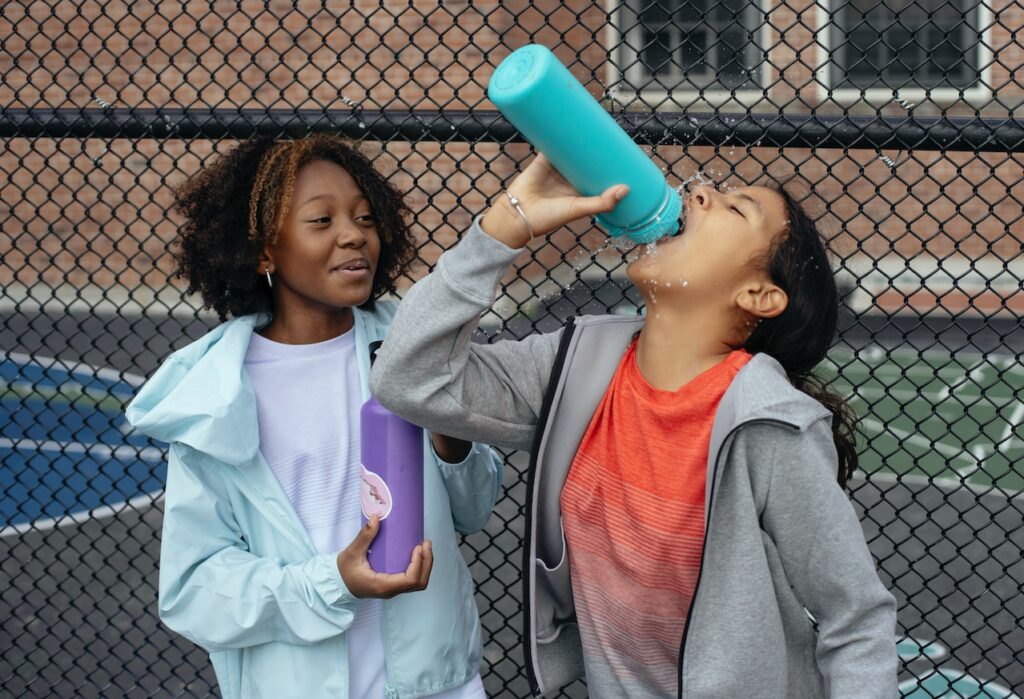
Liquids can be stored and transported in plastic bottles, which are practical and convenient. They are ideal for on-the-go hydration because they come in a variety of sizes and forms. Plastic is very resilient and resistant to everyday wear and tear. They are also much lighter than glass or metal containers, which makes them simpler to move when full of liquid.
The fact that plastic water bottles can be reused numerous times without losing their potency may be their best advantage for storing liquids. Plastic bottles don’t break or corrode over time like glass or metal containers do, making them perfect for storing in your car or carrying around in a bag. These versatile containers also come in a variety of styles and dimensions to meet all of your water-drinking requirements!
Cons of plastic bottles
It’s no secret that drinking water and other beverages in plastic bottles while on the go is a common practice. However, despite all these benefits, plastic does have certain drawbacks! The major drawback is that because plastic bottles are not biodegradable, it will take a very long time for them to decompose completely in landfills. This adds unnecessary strain on our environment by contributing to landfill waste and polluting the air with greenhouse gases emitted during their manufacturing process.
Pros of glass bottles

Do you love the way a glass drink looks in your hand? Lots of people do! Glass beverages have become increasingly popular due to their unique aesthetic and taste. This is not all! Glass is an excellent insulator, keeping hot beverages warm and cold beverages cold. Each drink will preserve its authentic flavor because glass does not retain any flavors or smells, unlike plastic or metal which can pick up flavors and scents from prior beverages. Furthermore, it is a far healthier option for preserving maximum health because it doesn’t include any risky chemicals like BPA or phthalates.
Cons of glass bottles
As mentioned earlier, transporting glass bottles can be a hazard. The reason is that glass is very fragile. So, it can be easily broken or shattered if not handled with care. This makes it dangerous for the storage or transportation of products because it increases the chance of injuries from flying glass shards. Additionally, compared to plastic or aluminum containers, glass bottles are less durable and more prone to breakage due to uneven temperatures or rough handling during shipment.
Final Words!
In conclusion, the debate between glass and plastic is not one that has an easy answer. Ultimately, it comes down to a matter of personal preference as well as environmental consciousness. Before making a choice, it is worthwhile to weigh all the possibilities because each material has pros and disadvantages of its own. After reading if you are wondering where to get the best plastic bottle manufacturer, look no further than JarsBottles!

